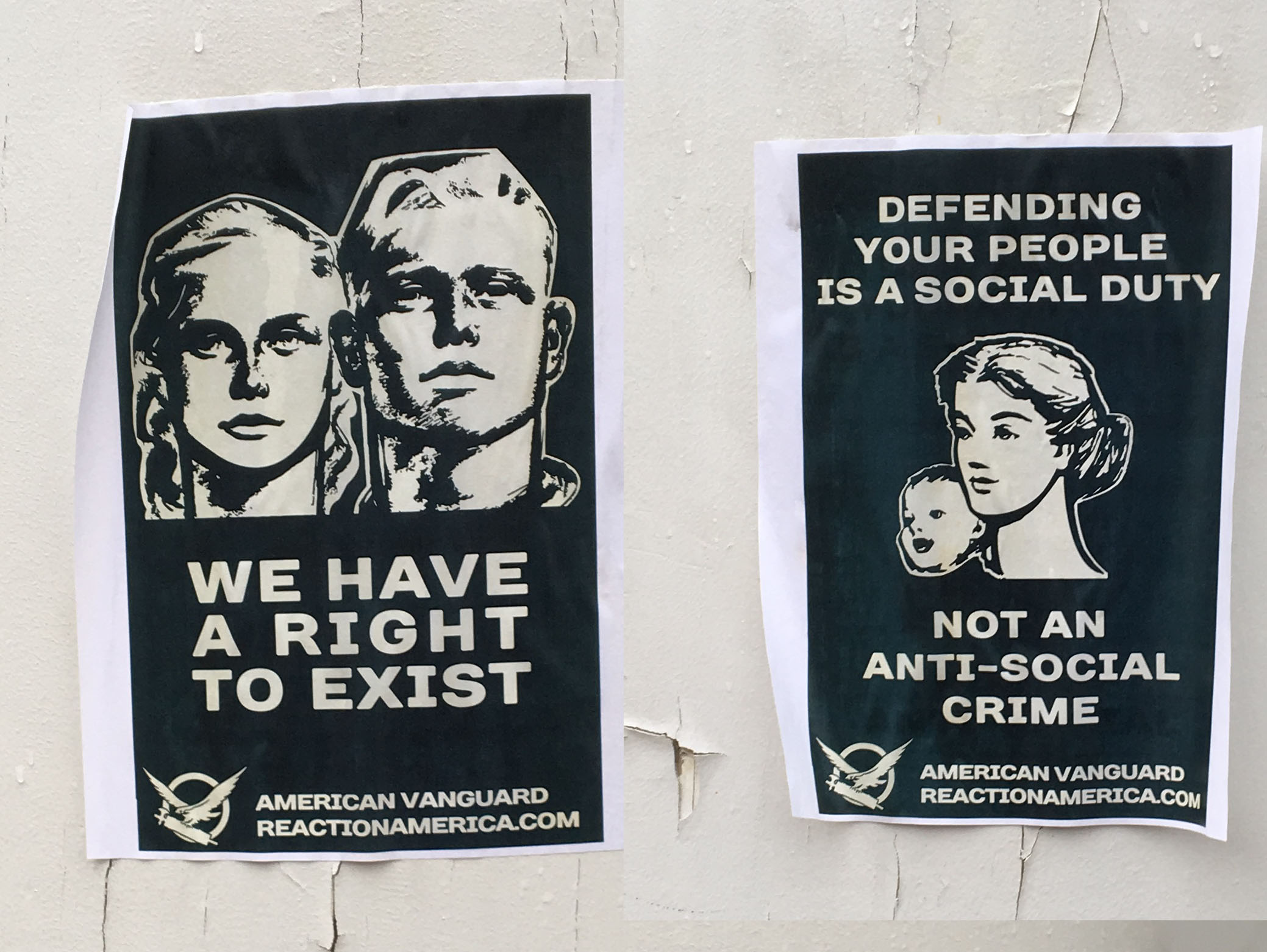Views expressed in opinion columns are the author’s own.
Dayanna Volitich, a middle school social studies teacher in Florida, was removed from her classroom after it was revealed that she hosted a white nationalist podcast. Volitich ran the podcast under the pseudonym Tiana Dalichov. Her content included discussions about some races being more intelligent than others, anti-Islamic rhetoric and denial of white privilege. Volitich claimed she is not a white nationalist; she said her political views did not influence the way she teaches, though she had bragged on her podcast about discussing white nationalism with her students and getting away with it.
Teachers are at the forefront of shaping the next generation’s minds. They have the challenging and underappreciated job of educating children while fostering a community of open-mindedness and intellectual development. Despite these challenges, most teachers join the profession because they find the work rewarding.
So it’s terrible that the same woman who tweeted at a survivor of the Parkland school shooting telling him to “stop acting like a toddler” is teaching children who may be exposed to her bigoted behavior. The mother of one of Volitich’s students told NBC News that her daughter remembers a day when the students were learning about civil rights, and that Volitich “alluded that segregation might possibly be OK.”
Allowing teachers to express their political beliefs in the classroom is a murky subject that court rulings have not been clear on. In 1968, the U.S. Supreme Court ruled that the Constitution allows school faculty to express their opinions on public issues. However, school districts generally have flexibility in deciding policies for teachers’ political expression. For instance, the New York City Education Department released guidelines in 2013 for social media use; the recommendations included a warning that teachers should not use social media — whether in school or during off-hours — in a way that could potentially be a disruption in the classroom. Florida’s own education department has a Social Media Disclaimer page, where it states that comments on social media “should not be obscene in nature or serve as an attack against any person or group.”
Whether Volitich legally has the freedom to run her bigoted podcast on her own time is subject to legal speculation beyond our scope. However, the issue becomes much clearer if Volitich has lectured her students on the ostensible superiority of the white race. The extent to which Volitich boasted about white nationalism in her classroom is unclear, but if the conversations on her podcast are any indication of the way she speaks with her students, then she would be in direct violation of the Florida Education Department policy.
Even if we assume Volitich did not teach social studies with a racist perspective, her podcast is still public, albeit under a pseudonym. This means her students can easily find and listen to her rants and interviews with people from Red Ice TV, which the Southern Poverty Law Center recognizes as a hate group.
When a student notices an authority figure, such as a teacher, preaching prejudice, those ideas can shift to become the norm. Children are a product of the environment they grow up in. If that environment includes lessons about segregation being acceptable, then we are reverting the progress of previous generations toward making this nation a safer, more inclusive place for all.
Asha Kodan is a sophomore biology major. She can be reached at ashakodan@ymail.com.



